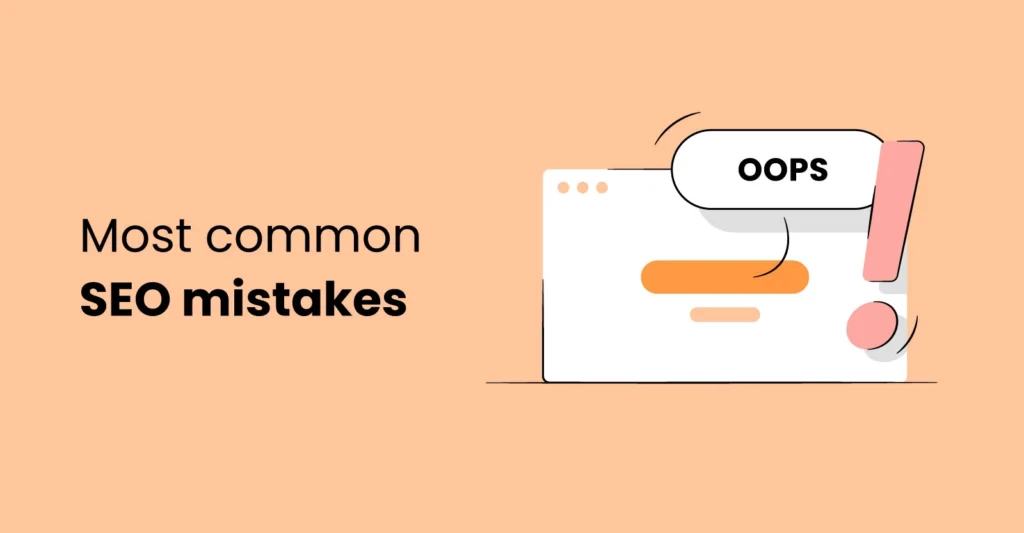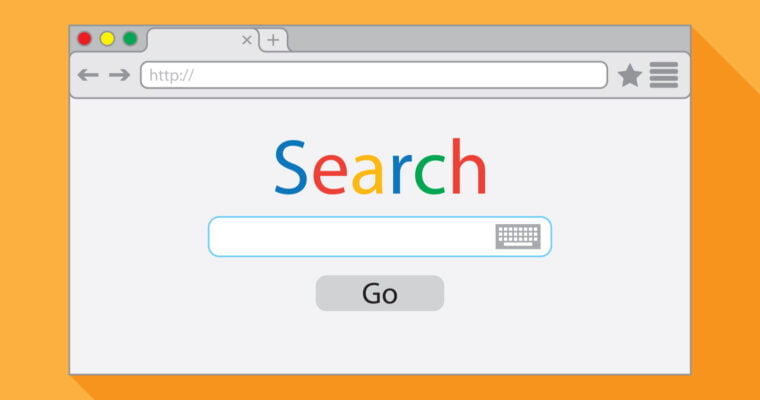Common Technical SEO Issues That Actually Matter.As a website owner or digital marketer, you know that technical SEO is crucial for the success of your online presence. Technical SEO refers to the optimization of technical elements of a website that impact its ranking in search engines like Google. Technical SEO involves fixing issues with your website’s coding, structure, and content management system to make it more search engine-friendly.
Search Engine Optimization (SEO) is an essential part of any digital marketing strategy. It helps websites to rank higher in search engine results pages (SERPs) and attract more organic traffic. However, the world of SEO is constantly changing, and it’s essential to stay on top of the latest trends and best practices. One of the most important aspects of SEO is technical optimization, which involves fixing any technical issues that could be hindering your website’s performance. In this article, we will discuss the 9 common technical SEO issues that actually matter for your website’s ranking in Google.
1. Duplicate Content
Duplicate content is a major problem that can affect your website’s SEO performance. It occurs when two or more pages on your website contain the same or similar content. Search engines like Google view this as an attempt to manipulate the search rankings, and it can result in your website being penalized or demoted in the search results.
To avoid duplicate content, you should take the following steps:
- Use canonical tags to specify the preferred version of a page
- Eliminate any duplicate pages by redirecting them to the preferred version
- Ensure that your website’s internal linking structure is consistent and organized
- Avoid publishing duplicate content from other websites
2. Slow Page Loading Speed
A slow page loading speed can have a significant impact on your website’s SEO performance. Search engines view fast-loading pages as a sign of a high-quality, user-friendly website, while slow-loading pages can lead to a high bounce rate and decreased user engagement.
To improve your website’s page loading speed, you should consider the following:
- Compress images and other media files to reduce their size
- Minimize the use of plugins and scripts that can slow down your website
- Use a reliable, fast web hosting service
- Implement browser caching to reduce the amount of data that needs to be loaded each time a page is visited
3. Broken Links
Broken links can affect your website’s SEO performance in a number of ways. They can lead to poor user experience, decreased engagement, and lower search rankings.
To prevent broken links, you should take the following steps:
- Regularly check your website for broken links using a tool like Screaming Frog or Google Search Console
- Fix any broken links by redirecting them to the appropriate pages
- Update any internal linking structures to avoid broken links in the future
- Consider using a plugin like Broken Link Checker to automate the process of finding and fixing broken links
4. Mobile-Unfriendly Website
With more and more users accessing the internet through mobile devices, it’s essential to have a mobile-friendly website. A website that is not optimized for mobile devices can result in poor user experience, decreased engagement, and lower search rankings.
To ensure that your website is mobile-friendly, you should consider the following:
- Use a responsive design that adjusts to different screen sizes
- Ensure that all of your website’s content is accessible and easily readable on mobile devices
- Minimize the use of pop-ups, large images, and other elements that can be difficult to view on mobile devices
- Test your website on different mobile devices to ensure that it is fully optimized for mobile users
5. Lack of Sitemap and Robots.txt
A sitemap and robots.txt file are essential for communicating with search engines about your website’s structure and content. The sitemap provides information about your website’s pages and helps search engines understand the relationships between them. The robots.txt file specifies which pages or sections of your website should be crawled by search engines.
To ensure that your sitemap and robots.txt files are correctly configured, you can use the Google Search Console to submit your sitemap and monitor any crawl errors or restrictions on your website.
6. Duplicate Content
Duplicate content is a major issue for websites as it can result in lower search engine rankings. Duplicate content refers to any content that appears on multiple pages on the same website, or on multiple websites. This is because search engines consider this type of content to be less valuable, as it lacks originality and uniqueness. To avoid duplicate content, it is important to ensure that all pages on your website have unique content and are not just duplicated from other pages.
One solution to prevent duplicate content is to use a canonical tag. The canonical tag is a piece of HTML code that tells search engines which version of a page is the original one, and should be considered for ranking purposes. Another solution is to use a 301 redirect, which tells search engines that a page has been permanently moved to another URL. This will help to ensure that only one version of the page is indexed, which can help to improve search engine rankings.
It is also important to check for duplicate content when adding new pages to your website. This can be done using tools such as Copyscape, which can help you to identify any instances of duplicate content on your website.
7. Broken Links
Broken links are links on your website that no longer lead to the intended page. These links can have a negative impact on your website’s search engine rankings as they signal to search engines that your website is not well maintained, and can result in a poor user experience. To avoid broken links, it is important to regularly check your website for broken links, and to fix them as soon as they are discovered.
There are a number of tools available to help you check for broken links on your website, including online tools like W3C Link Checker, and browser extensions like Check My Links. To fix broken links, you may need to update the link on your website, or to redirect the link to a different page.
8. Slow Loading Speed
The speed at which your website loads is an important factor that can affect your search engine rankings. Slow-loading websites can result in a poor user experience, as well as lower search engine rankings. This is because search engines consider website speed to be an indicator of the quality of a website, and prefer to rank faster-loading websites higher in search results.
To improve your website’s loading speed, you can use a variety of optimization techniques, including:
- Optimizing images
- compressing files
- Minimizing the use of plugins
- Using a content delivery network (CDN)
You can also use tools like GTmetrix and Google PageSpeed Insights to test your website’s loading speed, and to receive recommendations for how to improve it.
9. Inadequate Mobile Optimization
With the increasing use of mobile devices to access the internet, it is crucial for websites to be optimized for mobile. Inadequate mobile optimization can result in a poor user experience, as well as lower search engine rankings. This is because search engines consider mobile optimization to be an indicator of the quality of a website, and prefer to rank well-optimized websites higher in search results.
To ensure that your website is mobile-optimized, you can use responsive design, which allows your website to adjust to different screen sizes. You can also use a mobile-specific website, which is designed specifically for mobile devices. Additionally, you can use tools like Google’s Mobile-Friendly Test to test the mobile optimization of your website, and to receive recommendations for how to improve it.
Conclusion
In conclusion, technical SEO is an essential aspect of a website’s success. Ignoring these issues could result in lower rankings and fewer organic visitors. By being proactive and addressing these common technical SEO issues, website owners and digital marketers can ensure that their website is fully optimized for search engines and provides a positive user experience.
In this article, we’ve highlighted 9 common technical SEO issues that actually matter for website ranking and success:
- Missing or Duplicate Meta Descriptions and Titles
- Broken Links and Redirects
- Inconsistent URL Structures
- Slow Page Load Times
- Mobile Responsiveness
- Poor Website Architecture
- Lack of Sitemap and Robots.txt Files
- Unoptimized Images and Media
- Non-Secure Website
By addressing these technical SEO issues, you can improve your website’s overall ranking, user experience, and organic traffic. To learn more about how to optimize our website for search engines, visit SEO XOOM.




